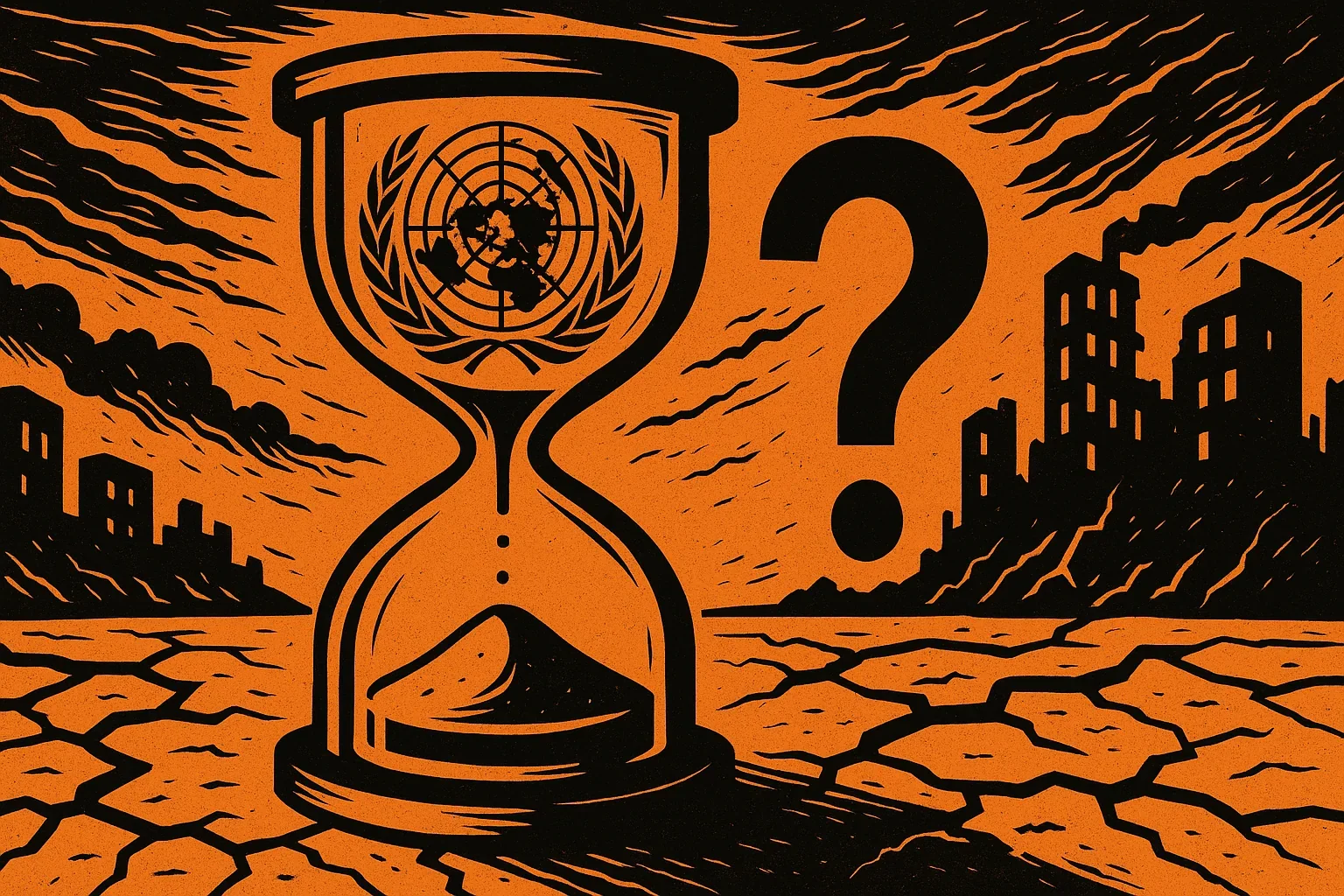Eight decades after its founding, the United Nations finds itself facing the most serious question in its history: Is it still fit to lead the international system... or is its time coming to an end?
In recent years, the organization has been subjected to a series of severe tests that revealed the extent of its impotence. In Ukraine, for example, the Russian veto paralyzed the entire Security Council, while the war left more than 12,654 civilians dead in three years.
In Sudan, the UN's call for a cessation of hostilities has failed since April 2023, turning the conflict into the world's worst displacement crisis with more than 12 million people displaced. In Gaza, the council was unable to pass a single ceasefire resolution due to the US veto, while UN resolutions have turned into mere statements without effect.
The crisis is not only political, but also humanitarian. The UN-led relief system is close to collapse. In 2023, global humanitarian needs amounted to $51.5 billion to help 230 million people, but available funding was only 45 percent, creating a funding gap of more than $30 billion. Even the World Food Program had to cut aid in 45 countries due to lack of funding.
However, the UN is not a completely failed, dysfunctional organization. It is still the world's largest relief platform:
124 million people a year receive food aid through the World Food Program
2 billion doses of vaccines provided by UNICEF annually to protect the world's children
The organization won the largest environmental agreement in history: the Paris Climate Agreement (2015) to curb global warming
The world can't do without the UN, but it can no longer accept it in its current form. The choice is clear: bold reform that restores the organization's legitimacy-or international chaos in which major powers make the system their own.
To watch the video and read the full analysis, please scroll down.

Comments